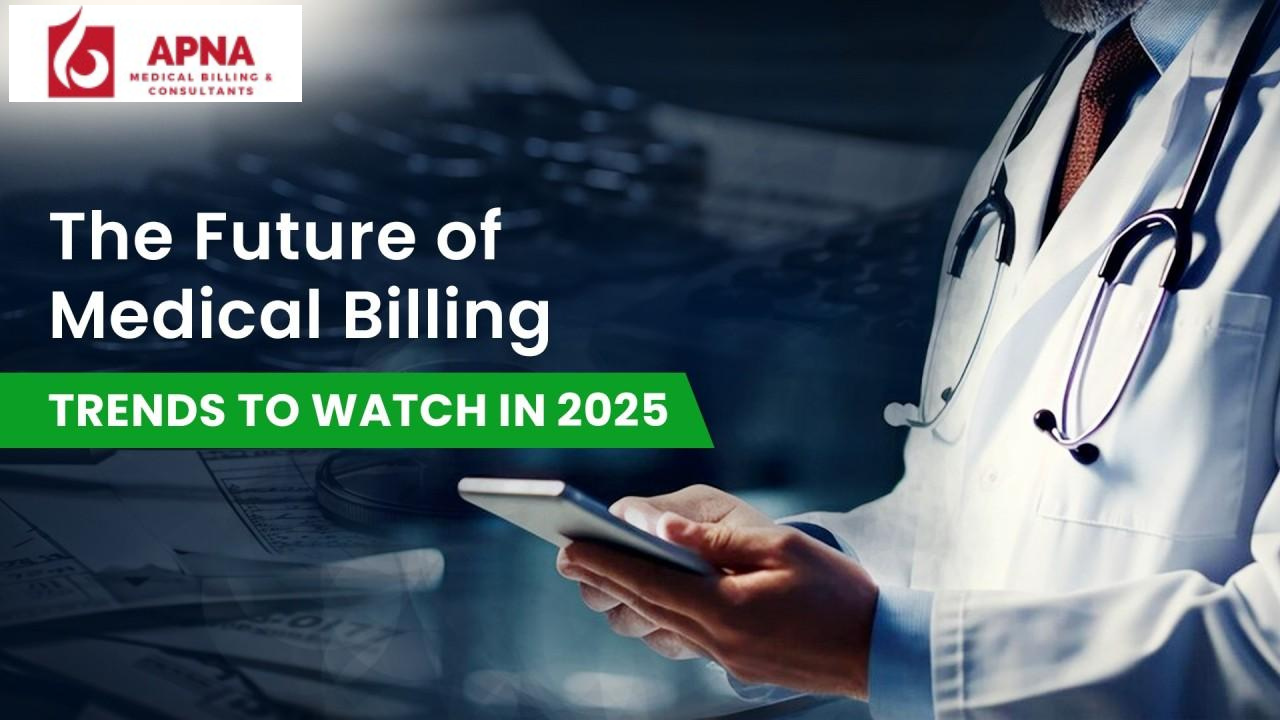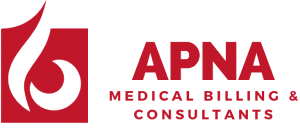
The Future of Medical Billing: Trends & Technologies You Need to Know
Medical billing is the backbone of financial operations within the healthcare industry. It ensures that healthcare providers are compensated for their services, while patients and insurance providers can process claims transparently.
However, this critical process is evolving rapidly, driven by technological advancements and significant regulatory changes. Emerging trends—powered by innovations like artificial intelligence, blockchain, and cloud computing—are reshaping how billing is managed, increasing efficiency and accuracy.
In this blog, we’ll explore how traditional medical billing has evolved, the cutting-edge trends that are shaping its future, and the technologies driving this transformation. Whether you're a healthcare provider, medical billing specialist, or IT developer, this guide is a deep dive into the future of medical billing.
The Evolution of Medical Billing
From Paperwork to Digital Precision
The history of medical billing has its roots in paper-based processes, which were prone to human error and inefficiency. Manually handling claims was time-consuming, providing limited visibility into operational performance.
Today, most healthcare institutions leverage digital billing systems. These deliver accuracy, scalability, and compliance by automating tasks like coding, claims submission, and reimbursement tracking.
Regulatory Influence on Billing Practices
Healthcare regulations, such as HIPAA, have considerably impacted medical billing by setting data privacy and security standards. Additionally, the transition to ICD-10 introduced a more detailed coding system, allowing for more precise documentation of patient diagnoses and treatments. These regulations ensure accountability but require constant adaptation by medical billing professionals.
The Role of Electronic Health Records (EHR)
EHR systems significantly streamline billing processes through real-time data access and interoperability. With patient information, health histories, and treatment records housed in one place, EHR integration minimizes errors and simplifies claim submissions, paving the way for efficient billing workflows.
Let's now explore the game-changing trends reshaping medical billing's future.
Key Trends Shaping the Future of Medical Billing
1. Artificial Intelligence & Automation in Billing
AI is revolutionizing medical billing services with remarkable speed and precision.
AI-Powered Claims Processing: Machine learning algorithms can automatically process claims, reducing errors and speeding up reimbursements.
Fraud Detection: AI tools can identify discrepancies and potential fraud within billing data, protecting both providers and patients.
Automated Coding: AI enables automated coding solutions, such as identifying CPT or ICD-10 codes, significantly lowering human error rates.
Chatbots for Customer Support: AI chatbots assist patients by answering billing inquiries and explaining insurance benefits, enhancing customer experience.
2. Blockchain for Secure & Transparent Transactions
Blockchain, while still emerging in medical billing, holds tremendous potential for enhancing security and transparency.
Data Security: Immutable blockchain records protect sensitive patient billing data against breaches.
Fraud Prevention: Transactions recorded on distributed ledgers ensure transparent payment histories, reducing fraud risks.
Smart Contracts: Blockchain-powered smart contracts streamline payment processing by automatically validating agreements between healthcare providers and payers.
3. The Rise of Cloud-Based Medical Billing Systems
Cloud-based medical billing software offers flexibility and cost-efficiency to healthcare providers.
Scalability: Larger enterprises and small clinics alike can access scalable solutions that match their needs.
HIPAA Compliance: Leading platforms ensure compliance with stringent regulations, safeguarding patient data.
24/7 Accessibility: Cloud systems enable billing professionals to work from almost anywhere, ensuring uninterrupted workflows.
4. Telemedicine’s Impact on Medical Billing
The expansion of telemedicine has introduced new billing complexities.
New Billing Codes: The healthcare industry continues to develop medical billing codes specific to virtual consultations.
Reimbursement Policies: Insurers are redefining reimbursement structures to address telehealth services.
Administrative Challenges: Accurate coding for telehealth claims requires updated billing systems and additional training.
5. Value-Based Payment Models
The move toward value-based care is changing payment structures in healthcare.
Focus on Patient Outcomes: Instead of fee-for-service, providers are increasingly paid based on patient outcomes.
Data Analytics’ Role: Analytics tools track treatment efficacy, enabling billing aligned with a value-based model.
6. The Growing Importance of Revenue Cycle Management (RCM)
Efficient RCM in medical billing ensures that healthcare organizations optimize their financial health.
Revenue Cycle Automation: AI and machine learning streamline claim submission, payment collection, and denial management.
Performance KPIs: Key metrics, such as net collection rate and days in accounts receivable (A/R), allow providers to track efficiency.
These trends act as a foundation for technological advancements reshaping the industry further.
Technologies Transforming Medical Billing
1. Robotic Process Automation (RPA)
RPA speeds up administrative workflows by automating repetitive billing tasks.
Claim Submission: Bots can handle claims data and send it directly to payors.
Verification: RPA ensures eligibility checks are accurate, reducing claim rejections.
2. Predictive Analytics for Billing Optimization
Harnessing Big Data allows medical billing companies to improve financial outcomes.
Claim Denial Forecasting: Predictive algorithms identify potential rejection reasons before claims are submitted.
Cash Flow Improvements: Insights from analytics tools assist in optimizing payment cycles.
3. Mobile Payments & Patient-Centric Billing Solutions
Paying medical bills has never been easier for patients.
Mobile Wallets: Digital wallets like Apple Pay and Google Pay integrate seamlessly with billing systems.
Patient Portals: These portals enhance billing transparency, providing statements and payment options online.
4. Integration of Billing Software with EHR Systems
When EHR platforms integrate seamlessly with software for medical billing, efficiency follows.
Reduced Errors: Manual entry mistakes decrease when systems communicate effectively.
Interoperability: Cross-platform compatibility enables faster claim submission cycles.
With these technological breakthroughs at hand, medical billing has never been more sophisticated or patient-centric.
The Challenges Ahead and Future Outlook
Navigating Regulatory Complexities
Healthcare providers must stay vigilant to comply with evolving laws and mandates. Regular audits and compliance checks will remain essential.
Countering Cybersecurity Risks
With heightened digitization comes the need for robust cybersecurity. Protecting patient data will require continuous investment in secure protocols and technology.
The Role of Human Collaboration
Despite advancements in AI, collaboration among medical billing specialists and AI systems is vital to maintain accuracy and empathy in patient interactions.
Preparing for What’s Next
Adopting modern billing practices and innovative solutions ensures that healthcare organizations remain competitive. Staying updated with industry trends and leveraging AI-driven tools like medical billing software will future-proof operations.
By understanding these challenges and opportunities, healthcare professionals can adapt and succeed in this evolving landscape.
The Future is Here
Medical billing is no longer just about reimbursements—it’s about operational excellence, data security, and streamlined patient experiences. Technological trends like AI, blockchain, and cloud computing are unlocking vast potential for innovation.
Are you ready to embrace the future of medical billing? Start by exploring cutting-edge medical billing services and tools specifically designed for healthcare providers. Stay informed, adapt to change, and lead your practice into the next era of healthcare finance.

